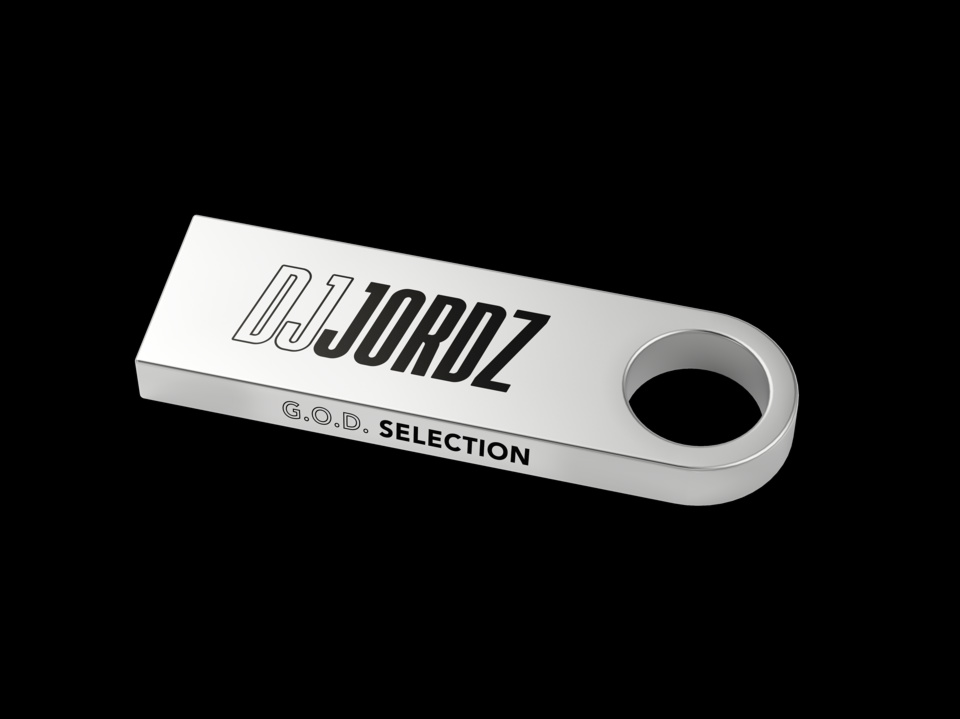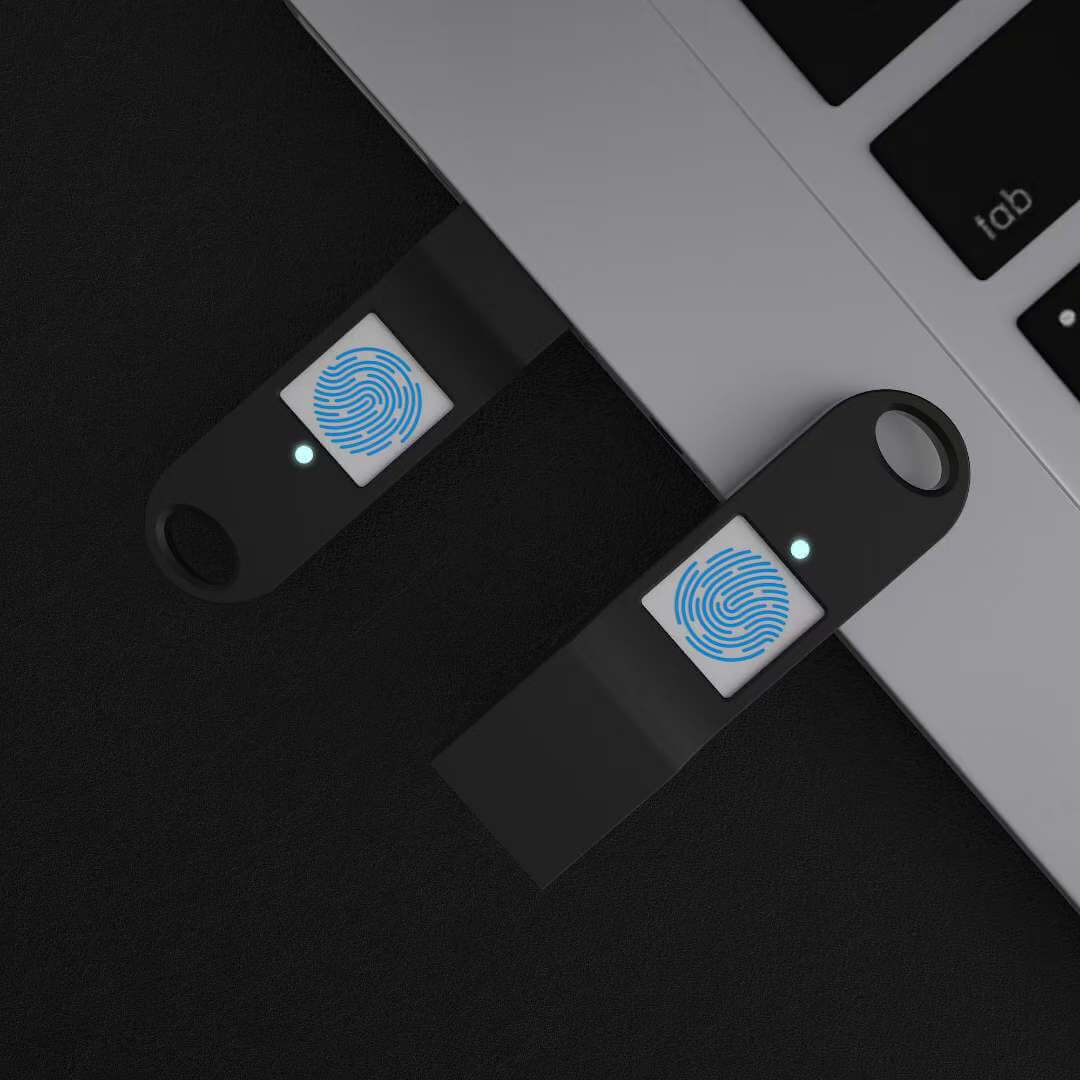
The USB port is one of the most widely used connectors in the world. It's on every computer, and it's also a standard feature on most keyboards.
While we've come to rely on USBs for everything from data storage to charging our devices, there are still plenty of ways to improve them. One of the most exciting new technologies emerging today is biometric flash drives.
These devices use your fingerprint to authenticate you before they let you read or write data, making them perfect for anyone who wants to keep their files private.
Because it is biometric, it adds an extra layer of security that traditional passwords can't give.
A fingerprint USB drive or biometric flash drive is a tiny device that plugs into your computer's USB port. It looks just like any other flash drive. The only difference is its built-in scanner.
To get to the information stored on the device securely, you scan your fingerprint on the fingerprint scanner or use an electronic password.
Fingerprint USB drives are a great way to keep your data safe. They allow you to store your most important files on a device that only you can access, and they're effortless to use. When you plug in the drive, it will ask you to put your finger on the fingerprint sensor. Once you've done that, it's unlocked!
Some biometric flash drives also allow you to set up multiple fingerprints for multiple people (if you have a family) so that everyone can access the same drive. This is useful if you want to share files with someone else but don't want them editing or deleting anything.
Suppose your fingerprint isn't recognized when swiping across the sensor. In that case, there's usually an option within the software where you can "reset" or "forget" your fingerprint by pressing some buttons on the device itself. This may vary from brand to brand).
However, the process is often lengthy and complicated, with multiple levels of authentication. This only means your information will stay safe and secure even if your biometric flash drive is misplaced.
Like any other device and technology, a biometric flash drive has advantages and drawbacks. Below are its pros and cons.
Since its inception in 2007, Shenzhen Sino-Memory Electronics Co., Limited has been a well-known company that makes USB flash drives. It sells stylish, high-quality products to clients all over the world.
We have helped many clients, like wholesalers, retailers, and gift shops, run their businesses well, thanks to our great customizing service, quick delivery, original designs, and affordable prices.
We are prepared to offer you a wide range of solutions, whether you use them for personal, small business, or major global brands. Our latest innovative product is the biometric flash drive.
With a size of 44*12.2*4.6mm, this biometric flash drive is ready to be taken anywhere. The front printing size is 28*10mm, and the backside is 55*12mm. It weighs 10g and comes in silver or black.
With 64GB storage space, it has USB 3.0 compatibility and can read over 100MB/s and write over 50MB/s. Each unique fingerprint is saved for access to the drive so you can store up to 100 fingerprints on it!
To use this awesome device, plug it into your computer and watch as the light turns on! Then, place your finger on it five times to record your fingerprint (or more than that if you want). After you do that, it's all set—you're ready to go!
Here is A video shows how to record fingerprint into USB drives : https://www.youtube.com/watch?v=gqtTWxT-QM0
You can also choose from three different packaging options:
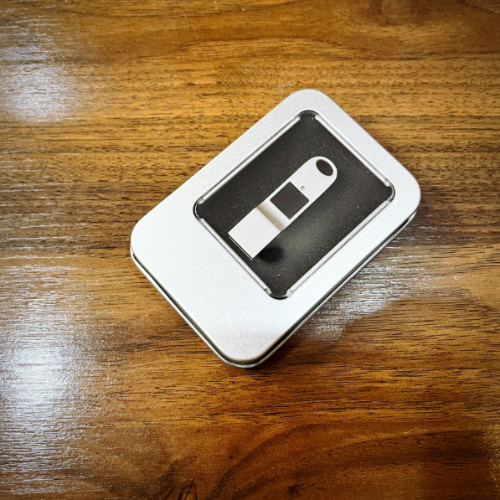
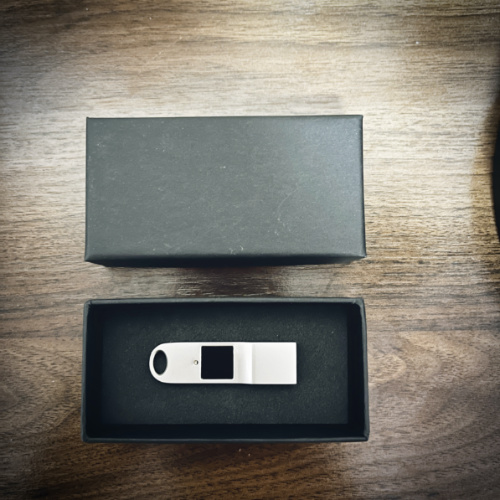
The future of USB is here, and it's biometric. The USB flash drive is an amazing innovation that allows us to transfer data from one place to another in a matter of seconds. What if we could take this technology even further? What if we could use the same technology to store files on a flash drive to store our fingerprints?
Biometric flash drives will drive the future of USB. These devices will allow users to securely and conveniently store their digital fingerprints and other personal information.
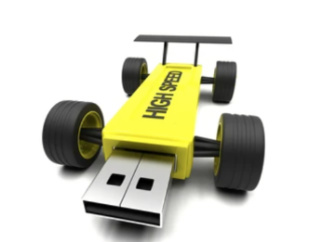
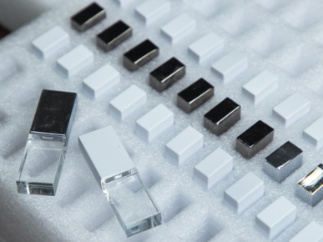 Bulk USB Drives
Bulk USB Drives
